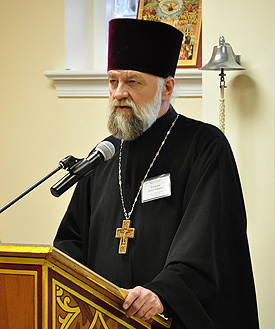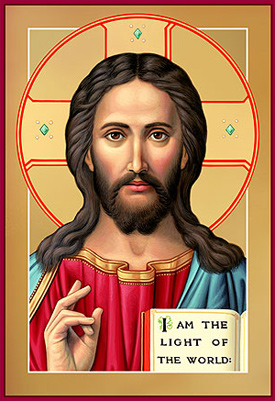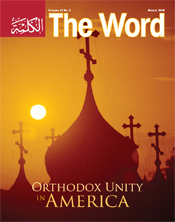 by Andrei Gorbachev –
by Andrei Gorbachev –
Affliction cometh not forth of the dust, neither doth trouble spring out of the ground, reasoned one of the friends of Job the Much-Suffering (Job 5:6). Because for the Christian, woe and trouble is first of all sin and the passion that precedes it, it could be said that passion “does not come from the dust”, and sin “does not grow out of the ground”, but rather springs from the soil of the human heart. The Lord Himself warned us when He said, From within, out of the heart of men, proceed evil thoughts, adulteries, fornications, murders, thefts, covetousness, wickedness, deceit, lasciviousness, an evil eye, blasphemy, pride, foolishness: All these evil things come from within, and defile the man (Mark 7:21-23). That is, according to the Gospel teaching, not only is sin what is committed in deed, but even the longing for sin—which we call passion—is not altogether innocent by itself and is also a sin.
Having achieved victory in the struggle with their passions, the holy fathers of the Church left us a detailed description of this struggle. Part of this was their scrupulous study of the stages of the passions’ formation in the human soul. [Read more…]

 by Maria Stroganova –
by Maria Stroganova – by Archpriest Panayiotis Papageorgiou, Ph.D. –
by Archpriest Panayiotis Papageorgiou, Ph.D. –
 by Fr. Vladimir Anderson –
by Fr. Vladimir Anderson – by Metropolitan Hilarion (Alfeyev) –
by Metropolitan Hilarion (Alfeyev) – by Fr. John Guy Winfrey –
by Fr. John Guy Winfrey – by Rdr. Daniel Manzuk –
by Rdr. Daniel Manzuk – by Editors –
by Editors – by Fr. Lawrence Farley –
by Fr. Lawrence Farley –